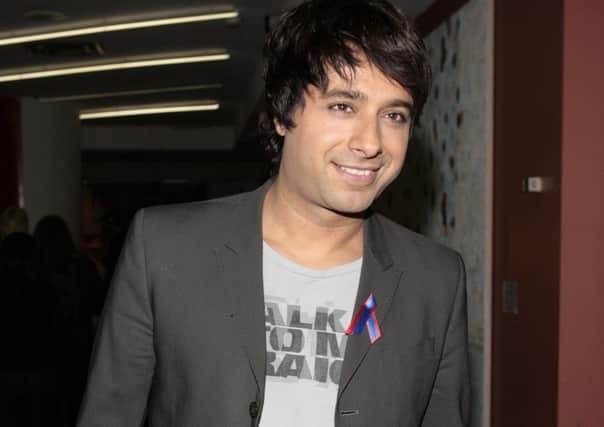MeToo: Forget the self-indulgent men who claim they are victims – Laura Waddell


In an interview with the Financial Times last weekend, Ian Buruma gave his account of what happened when he was let go as editor at the New York Review of Books after only 16 months.
He attributes his sacking to the “indignation” of the “Twittersphere” following his decision to publish a personal essay by Jian Ghomeshi, a broadcaster accused of sexual assault or violence by upwards of 20 women.
Advertisement
Hide AdAdvertisement
Hide AdBuruma reminds us that lack of sufficient evidence acquitted Ghomeshi of the four counts taken to court, the radio host made a public apology in return for another charge being withdrawn, and “signed a peace bond pledging to behave himself”, as though we were talking about a child’s independent access to chocolate biscuits. Ghomeshi was fired from Canada’s national broadcaster CBC after he showed executives a video of a woman with bruises and a cracked rib which he claimed occurred during consensual sex.
Like Ghomeshi, who wrote in his NYRB piece that he considered himself a victim of mass shaming, Buruma lingers on “intimidating and unhinged” social media. He concedes the essay he oversaw as editor was poorly written and lacked details, but argues “the quality of a person’s prose should not determine how we judge the writer’s moral character”, confusing a literary review with a reputation laundry, and readers with yes men. A better use of space and reflection might be examining why the bar is so low for some men.
What continues to shock in the wake of the #MeToo movement is not the stories themselves, the details regrettably familiar, but lack of self-reflection and stubborn determination to have the last word.
Abusers and their apologists consider themselves wronged by judgement, and they are angry about it. Many grudging admissions of fault are steeped in bitterness. How dare anyone take abuse seriously? How dare women hold a negative opinion of men? It’s considered an injustice that surpasses all others.
There is an assumption made of who is reading that tells us something of cultural standards – the audience are expected to be sympathetic instead of disdainful. But puffed up ego takes up room where intelligent understanding of ramifications of assault could be.
Who can forget the face of Brett Kavanaugh at his own Supreme Court confirmation, after Christine Blasey Ford’s account of his alleged attempted rape of her during their time at college – a claim he denied. His contorted expression was a naked and ugly display of entitlement, while he made juvenile, nonsensical comments about liking beer.
In the end, there was no impediment to his joining the highest legal board in the USA. It’s a lesser form of the same petulance and entitlement that simmers elsewhere. If #MeToo is a movement, rage is the backlash.
Buruma is concerned, he says, with freedom of expression. “Denunciation, instead of debate, will result in a kind of fearful conformity.”
Advertisement
Hide AdAdvertisement
Hide AdIt’s worth reflecting on Buruma’s record as editor of the NYRB, however short, which began in May 2017. Vida is a voluntary organisation which undertakes an annual totting up of the critics and subjects of literary review publications. In 2017, the New York Review of Books was most skewed towards men, with women a mere 24.7 per cent of contributors.
Buruma says editors should be able to take risks. Presumably publishing a greater number of women was a risk too far. Now, as has been the case historically, freedom of access to expression is not equal. There is no greater ‘fearful conformity’ than men publishing men to the exclusion of women, and raging at women who challenge it.
Mealy-mouthed apologies and personal accounts from abusers or their facilitators often shift focus to the baying mob of social media, echoing Trump’s words about “witch hunts”. We’re told it’s damaging to literature, art, and culture. The underlying message is that women having a greater public voice is viewed as a personal threat.
Harking back to the ‘golden age’ of writing doesn’t convince either. Many figures who abused their wives don’t embody edgy, freewheeling hedonism so much as old-fashioned misogyny and domestic violence.
Readers are chastised for judging a writer by actions off the page, but it’s undoubtedly the grounding of many a cult status. They can’t have it both ways. #MeToo has illuminated how intimidation has kept women from progressing in their artistic field, sometimes at the deliberate hand of influential abusers.
Concerned with freedom of expression? Forget self-indulgent wallowing. Turn your gaze to the missing women.